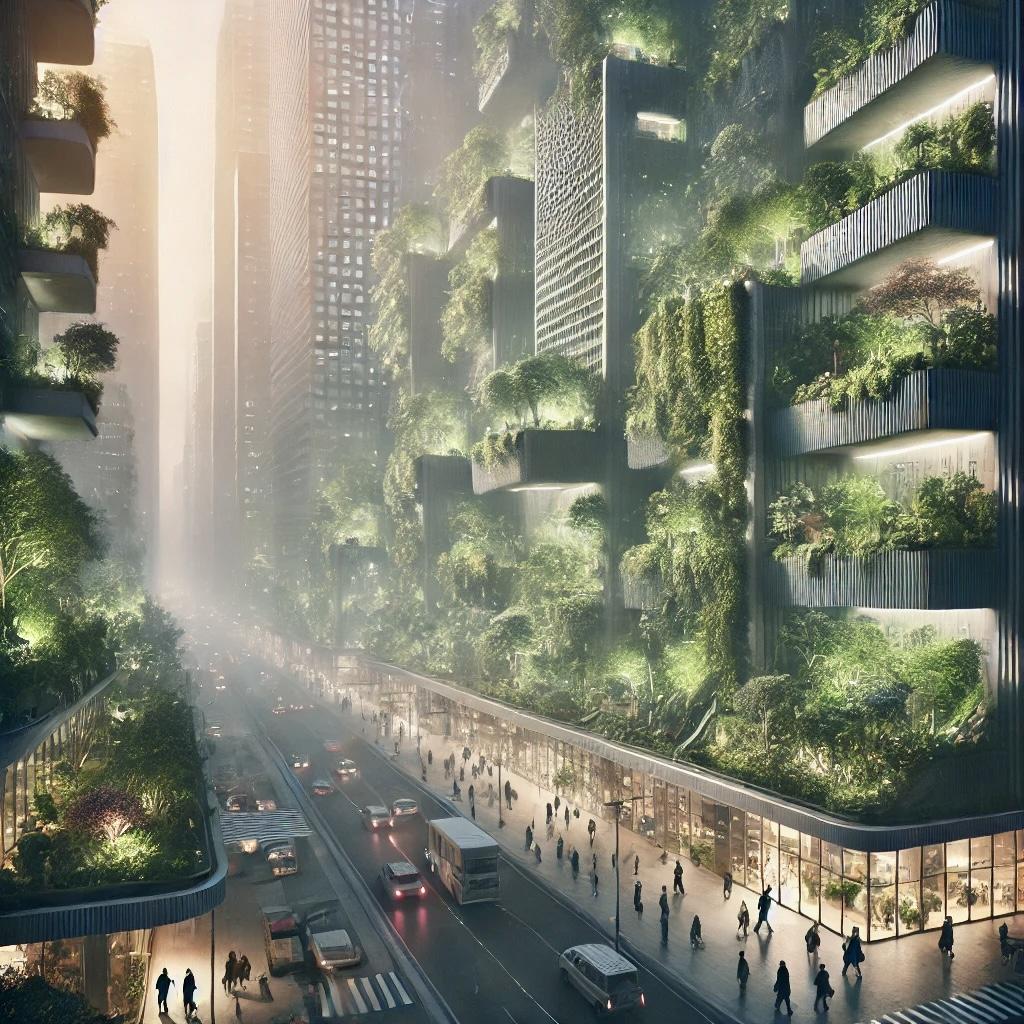
As we confront the harsh realities of our time, innovative solutions are on the horizon.
One such initiative is ReLeaf, a model that shows how we can adapt to our changing world in harmony with nature. ReLeaf presents a cooperative approach to the climate crisis, focusing on vertical gardens as a key to resilience and sustainability.
ReLeaf’s vision is to reintroduce nature into our urban landscapes, transforming concrete cities into vibrant, green spaces. These vertical gardens, designed and maintained by local communities, have the potential to revive our cities while also helping to mitigate the impacts of climate change. This is not just about environmental regeneration—it’s also about fostering social cooperation. ReLeaf promotes community-based urban farming and climate resilience, demonstrating that collective action is essential for tackling grand challenges.
Moreover, ReLeaf’s cooperative model offers new opportunities for employment and skill development, enabling communities to become more self-reliant. This taps into humanity's innate adaptability and creativity, turning individuals into proactive agents of change. In a time when climate change threatens our livelihoods, ReLeaf could be the blueprint for a hopeful future.
While vertical gardens might seem like a small step in the face of a global crisis, it’s the aggregation of these small actions that will drive significant change. By integrating nature into our cities, we can improve air quality, reduce temperatures, and create healthier living environments. This strategy empowers and inspires communities, reminding us that everyone has a role to play in the fight against climate change.
Climate change is a reality we must confront, but it doesn't mean our future is predetermined. Through innovative and cooperative efforts like ReLeaf, we can build resilience and adapt. By taking ownership of our collective destiny, we can transform not only our cities but also our communities and our planet. In doing so, we can find hope in the face of the climate crisis, proving that human resilience and adaptability are powerful forces for good.